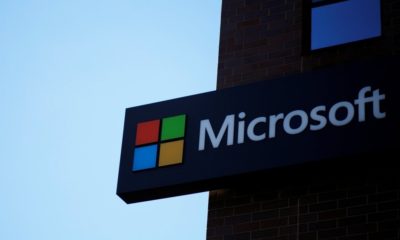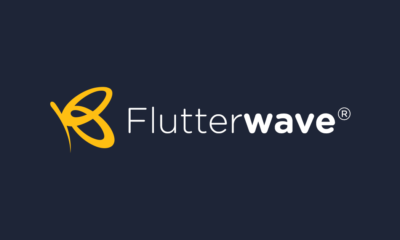President Buhari’s administration is partnering with Microsoft to equip 5m Nigerians with digital skills, this is geared towards achieving a digital economy and also in line with the Economic Sustainability Plan.
According to a statement by presidential spokesman, Laolu Akande, in a dual announcement by both the Federal Government and Microsoft Corporation, 5 million Nigerians would benefit from a digital upskilling programme, and locations in each of the 6 geopolitical zones in Nigeria will also enjoy active internet connection and cloud services courtesy of this digital transformation plan.
He said the partnership with Microsoft Corporation anchored on connectivity, skilling and digital transformation followed discussions between both parties led by Vice President Yemi Osinbajo, SAN, and Microsoft President Brad Smith earlier in the year.
Speaking on FG partnership with the tech giant, Prof. Osinbajo said “our government is committed to leveraging innovation and technology to bring better outcomes across a wide area of governance concerns. Indeed, it is with this in mind that we have sought constructive partnerships that bridge the knowledge, skills and technology gap that exist in most of our communities.
“This launch is indicative of our commitment to this and will involve collaboration with various Government agencies as implementing partners, including the Ministry of Communication and Digital Economy, the Ministry of Youth and Sports Development, the Economic and Financial Crimes Commission, the Nigerian Institute of Cultural Orientation, and various other local partners. We intend that these initiatives become institutions in their own rights and make a real impact in the lives of our citizens going forward.”
On the core areas of the partnership, Prof. Osinbajo said “this partnership will focus on two pillars: Connectivity & Skilling, and Digital Transformation.
“We plan to connect under-served communities in each of the six geo-political zones with access to internet and cloud services. This project is a critical component of our objective of expanding broadband connectivity, which is by itself, a major pillar of our Economic Sustainability Plan in response to the Covid-19 pandemic.
“Working with Microsoft, we intend to upskill 5 million Nigerians through this increased internet access over the next three years in various digital skills which will increase both employability and entrepreneurship.
“The multiplier effect will bring opportunities in rural and urban areas to many young people and will help us deal with unemployment problems made worse by the pandemic.”
The VP further explained, “leveraging Microsoft’s Technology tools which can be deployed to minimise governance risks and block loopholes, working with the Economic and Financial Crimes Commission (EFCC), we will seek to use cutting edge analytical and case management tools to plug holes in our public sector system as well as confront white-collar criminality efficiently.
“This pillar will also serve a vital social function. by using Microsoft’s Artificial Intelligence technology and resources to preserve and promote our major languages so we can revitalize these important aspects of our culture.
“Our focus is of course the Nigerian people. With over 80 million regular internet users, there is no question that Nigerians have fully embraced technology, the internet and their various uses.”
On his part, the President of Microsoft Corporation, Mr Brad Smith said the “we believe in the future of Nigeria and we are excited as a company to add to our investments. It is a country we have had the opportunity to get to know better over the last few years.
“In 2018 we partnered with Tek experts to create a Customer Support Centre, a centre in Lagos that employs over 1,600 people. And then we had another opportunity to broaden our investment even more by creating our African Development Centre. A centre that, by the end of this year, will employ over 200 software developers and engineers, people who are creating technology and Microsoft products to serve not only the people of Nigeria but the people of the world.
“All of these is giving us the kind of confidence to want to invest even more. And one of the things that we have recognized as a company is the need to grow with communities and countries and not just buying for ourselves.”
On the new partnership with the Federal Government, Mr Smith said “we are embarking on a series of broad-based, really multifaceted investments to better serve Nigeria in three areas of internet connectivity, digital skilling and digital transformation. We will be providing digital skills to 5 million Nigerians over the next three years, and along the way, creating 27,000 new jobs during the same period.”

 Forex3 weeks ago
Forex3 weeks ago


 Naira2 weeks ago
Naira2 weeks ago
 Billionaire Watch2 weeks ago
Billionaire Watch2 weeks ago




 Naira2 weeks ago
Naira2 weeks ago




 Naira2 weeks ago
Naira2 weeks ago




 Naira1 week ago
Naira1 week ago




 Naira4 weeks ago
Naira4 weeks ago




 Naira3 weeks ago
Naira3 weeks ago
















